
From budget-friendly builds to advanced plans fit for a gourmet chef, the price to build a kitchen can vary. Learn the average kitchen installation cost.
The cost to remodel multiple rooms ranges from $19,000 to $88,000, with an average of $52,000. You'll pay more for significant remodeling of kitchens and bathrooms than for simple renovations for basic living space.
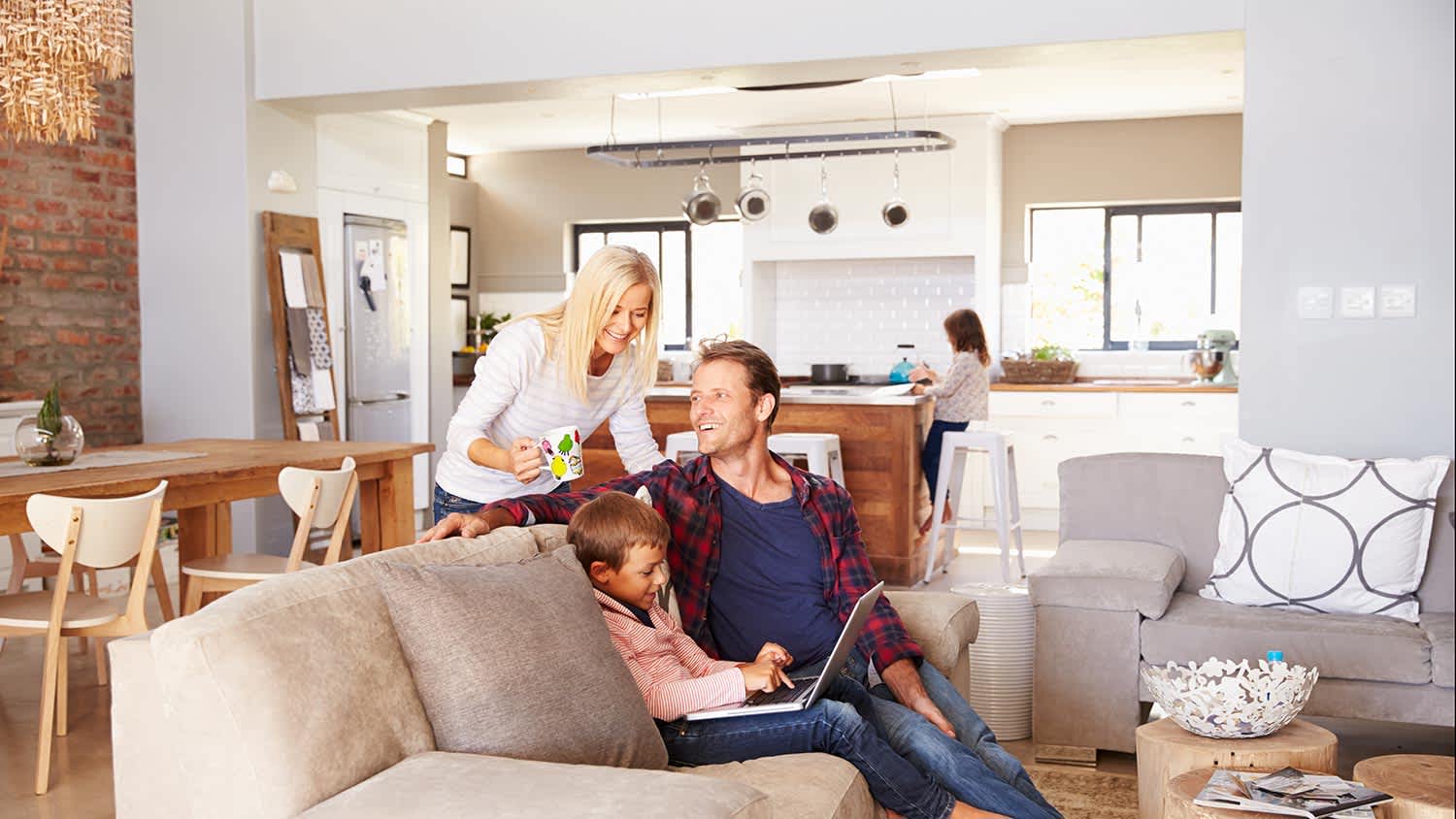

The most impactful cost factors are the size, number, and type of rooms.
Kitchens are the most costly rooms to remodel, followed by bathrooms.
Expect to pay between $15 and $150 per square foot for your remodel.
Don’t forget to factor in permit costs, which can add hundreds to your total.
The average cost to remodel multiple rooms in your home is $52,000. Your total can fall as low as $4,000 for minor remodeling for a few bedrooms, but you could pay as much as $250,000 if your project includes the kitchen, multiple bathrooms, and other rooms with high-end materials and structural changes for layout alteration. Expect to pay $15 to $150 per square foot for remodeling.
Calculating the cost of individual room remodels can help determine the overall price tag when performing a multiple-room renovation. By adding the average costs of each room, you can get an idea of how much money it will take to consolidate the projects into one makeover, giving you a price for your entire project scope.
Common remodeling costs per type of room break down as follows:
Kitchen renovation: $14,600–$41,500
Bathroom renovation: $6,600–$17,600
Basement remodel: $12,000–$34,500
Finishing an attic: $7,500–$35,000
Garage remodel: $7,000–$30,000
Living room remodels cost: $5,000–$10,000
Bedroom: $12,000–$28,000
Dining room: $7,000–$25,000
Laundry room: $6,000–$17,000
Guest house: $65,000–$180,000
Home theater installation costs: $10,000–$60,000
However, other factors can come into play, such as the potential for increased permit costs for larger remodeling projects, higher costs for structural changes, and additional considerations if you plan at least part of the project to be a luxury home renovation.
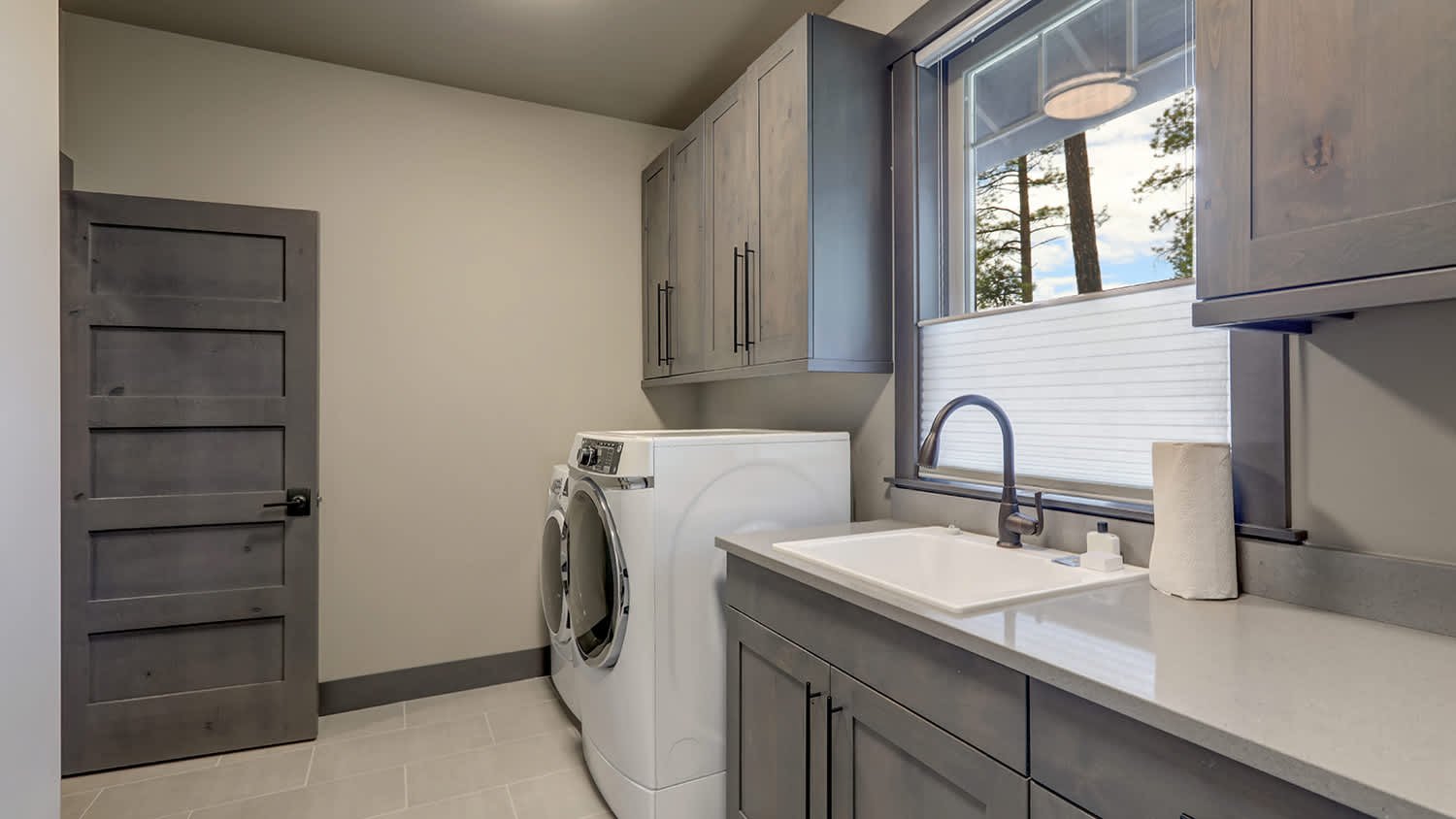
Multiple-room remodeling costs between $15 and $150 per square foot on average. However, when combining more than one room in a remodel project, it's possible that some of the costs may overlap. For example, adding a wall between two rooms will only reflect the cost of a single wall, but will benefit two spaces.
| Size of Project (sq. ft.) | Average Cost Range |
|---|---|
| 200 | $3,000–$30,000 |
| 500 | $7,500–$75,000 |
| 1,000 | $15,000–$150,000 |
| 1,500 | $22,500–$225,000 |
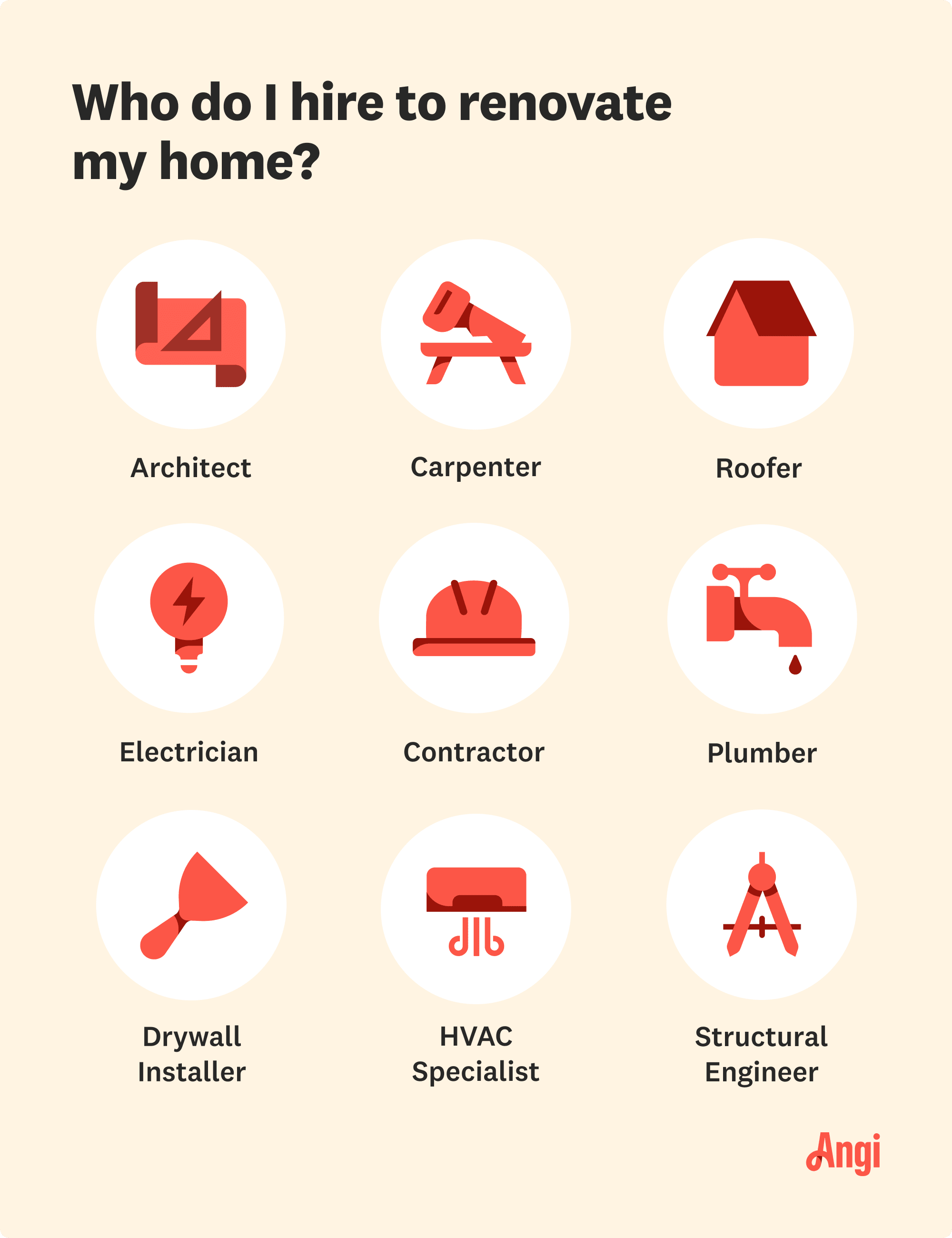
Labor will account for 40% to 70% of your total remodel costs, or an average of between $20,800 and $36,400. Most homeowners hire a home remodeling contractor to carry out the project, in which case, the cost to hire the general contractor will cover the bulk of the labor cost. These professionals either have all the specialists needed for your job on-staff or have relationships with trusted plumbers, electricians, HVAC techs, and more to get everything done. This saves you time and energy over hiring each pro individually.
Below are some of the most common projects these contractors handle, in addition to hiring specialists for more specific work.
Installing new kitchens: $35,000–$95,000
Installing new bathrooms: $5,000–$75,000
Laying flooring: $2–$25 per sq. ft.
Building walls and partitions: $1,000–$3,100
A carpenter is going to be a crucial pro to hire if you don’t hire a home remodeling contractor. The cost to hire a carpenter for your remodeling needs averages between $75 and $125 per hour, and below are some of the tasks they usually handle.
Making room alterations: $500–$5,000
Building staircases: $1,000–$3,200
Framing: $7–$16 per sq. ft.
Trim work: $600–$2,300
If a kitchen or bathroom renovation is part of your multi-room remodeling project, you’ll need to hire a plumber. However, even if a “wet” room isn't part of the project scope, moving walls or altering floor plans may require moving affected pipes that extend to other parts of the home. The cost to hire a plumber averages between $45 and $200 per hour, depending on the required jobs for your project.
Installing a sink: $200–$700
Replacing pipes: $400–$2,100
Rerouting plumbing: $700–$1,500
Rough-in plumbing for a bathroom: $3,000–$20,000
It's important to hire an experienced contractor if you're planning any structural changes to your home. These pros are familiar with the permits you'll need and often have relationships with any necessary subcontractors or structural engineers to help your remodel go smoothly.
When remodeling multiple rooms in your home, you're likely to need one or several of these additional professionals and specialists, depending on the scope of the work.
Electrician costs: $50–$130 per hour
Interior designer costs: $2,000–$15,200
Drywall installer costs: $1.50–$3 per sq. ft.
Painter costs: $1,000–$3,100
Flooring installer costs: $2–$25 per sq. ft.
Window installer costs: $300–$2,500 per window
Entry door installer costs: $500–$2,000
Landscaping contractor costs: $1,200– $6,200
Garage door installer costs: $800–$1,700
There are many other cost factors that can influence your total when remodeling more than a single room in your home.
Before your contractor can install new materials, many other materials will have to come out. Demo and prep work should be part of your home remodeling contractor's cost estimate. If it’s not, expect to pay between $4 and $17 per square foot, with hourly rates of between $50 and $100.
Remodeling permits cost between $200 and $3,000, and your total will depend on the extent of the work and whether you’re including structural, plumbing, electrical, or HVAC renovations as a part of the scope. On top of what your building department charges for permits, your contractor may charge a permit-pulling price. However, most contractors include the permit cost in their pricing estimates.
Whether you need a building permit for remodeling will depend on the types of work you’re doing and where you live. Some municipalities only require them for changes to utilities or the structural components of your home, while others require them for any work, including things like replacing flooring.
When remodeling several rooms in your home, it's a great time to consider the current or future needs of anyone living there with specific accessibility requirements.
| ADA Feature | Average Cost |
|---|---|
| Doorway widening | $300–$2,400 |
| Floor leveling between rooms | $250–$2,000 |
| Cabinet customization | $75–$125/hour |
Performing repairs during remodeling is often necessary, even for rooms that aren't part of the immediate project.
Roof repair costs: $400–$1,900
Drywall repair costs: $300–$1,000
Plumbing repair costs: $200–$500
Ductwork repair costs: $200–$2,100
Many homeowners choose to get home renovation insurance when remodeling more than a single room at a time. This special and temporary insurance premium covers you and your contractor during the remodeling phase from things like theft, personal injury, and property damage. The cost for this protection ranges from $29 to $250 per month.
Performing significant upgrades in your home increases your property value, which can affect your property taxes. Speak with a tax professional before your remodel to see what the expected increases will be.
A bump in home value could also cause the covered amount from your homeowner’s insurance policy to dip below the actual cost to rebuild your home. If that happens, you may need to increase coverage to remain protected. Doing so will bump up your insurance premium, though.
Expect post-construction cleanup costs of between $300 and $800, depending on the scope of the project and demolition. Some contractors include this in their initial estimate, so you may not have to budget separately.
If you hire a home remodeling pro near you for the job, you will spend between 40% to 70% of the total project cost in labor. It’s best to hire a professional because remodeling often involves making structural changes or working with plumbing, electrical, and HVAC systems, which can be complex and hazardous.
Remodeling multiple rooms can be an extensive project, so here’s why you should hire a pro:
A professional contractor will handle the entire remodeling process, saving you time and ensuring the job is done correctly.
Professionals will have the experience and equipment necessary to complete the tasks safely and efficiently.
The pros will be able to handle any issues that arise during the remodel process and provide the best solutions to fix them.
They will obtain the necessary permits for the project and comply with applicable building codes and regulations.
Reputable home remodelers will warranty their work and materials.
You will need to hire a professional for remodeling involving plumbing or electrical work. But there are some tasks and prep work you can try tackling yourself to save costs on labor.
Clear out clutter and prep the area for the remodeling projects.
Fix nail holes, recaulk around sinks and tubs, and perform light demo work, such as removing old carpeting.
Reduce labor costs by performing simple tasks yourself, such as painting, replacing cabinet hardware, and installing shelving.
Consider installing a peel-and-stick backsplash or wallpaper for a fresh look with less hassle.
If you are handy, you can install crown molding or baseboards yourself.
Wallpaper works best in lower-traffic rooms that don’t get very much moisture. Rooms like kitchens and bathrooms are not ideal for wallpaper since those are considered high-moisture areas and can cause the paper to peel.
Remodeling multiple rooms involves major renovations, like changing the layout of your kitchen, putting up additional walls, and gutting and replacing an entire bathroom. Renovating would include more aesthetic updates, like refinishing your existing kitchen cabinets, painting interior walls, and installing a shower liner in a bathroom to freshen up the space.
You should opt for a remodel if you want to open up rooms, change layouts, and give the area a full facelift that includes a gut renovation and replacement. You should go with a renovation if you just want your space to look new again.
Remodeling multiple rooms involves more materials and labor and will always cost more than renovating them.
The cost to remodel multiple rooms in your home can reach as high as $250,000. However, with a little extra effort, there are several steps you can take to help manage prices.
Consider mixing and matching remodeling and renovating tasks where possible. For example, consider repairing a broken appliance over replacing it if doing so saves money while still fitting the scope of the project.
Ask your contractor for access to in-stock or leftover materials from other projects and see if they're willing to part with them at discounted prices.
When replacing windows or HVAC components, go with energy-efficient options to save money over time. Check for rebates and incentives associated with efficiency.
Do what you can yourself. You can save 50% or more on labor costs for line items like laying flooring and painting by putting in a little elbow grease.
Whole-home or multi-room remodels will increase your home's value. However, it’s important to know which ones add the most value. For example, adding crown molding won't add much value, but painting and updating flooring have relatively high returns on investment. Replacing the garage or entry door, installing new windows, and minor kitchen remodels are among many upgrades that provide excellent returns.
While your return on investment (ROI) depends on the specific work you do in your remodel, most remodeling projects will yield an ROI of between 50% and 60%, on average.
Consult the remodel professional about the material and design options they recommend within your budget.
Prepare to discuss the project timeframe for each room so you can plan accommodations accordingly.
Always verify the pro’s credentials and whether they are licensed, bonded, and insured.
Home is the most important place on earth, which is why Angi has helped more than 150 million homeowners transform their houses into homes they adore. To help homeowners with their next project, Angi provides readers with the most accurate cost data and upholds strict editorial standards. We extensively research project costs to develop the pricing data you see, so you can make the best decisions for you and your home. We rely on reputable sources, including the U.S. Bureau of Labor Statistics, academic journals, market studies, and interviews with industry experts—all to ensure our prices reflect real-world projects.
Want to help us improve our cost data? Send us a recent project quote to [email protected]. Quotes and personal information will not be shared publicly.
From average costs to expert advice, get all the answers you need to get your job done.

From budget-friendly builds to advanced plans fit for a gourmet chef, the price to build a kitchen can vary. Learn the average kitchen installation cost.

Remodeling your bathroom can add significant value to your home. Your bathroom remodel cost in Columbus, OH will depend on size, fixtures, materials, labor, and other factors.

Tiling a shower is an investment in the look and function of your home. This guide explains the factors behind the cost to tile a shower.
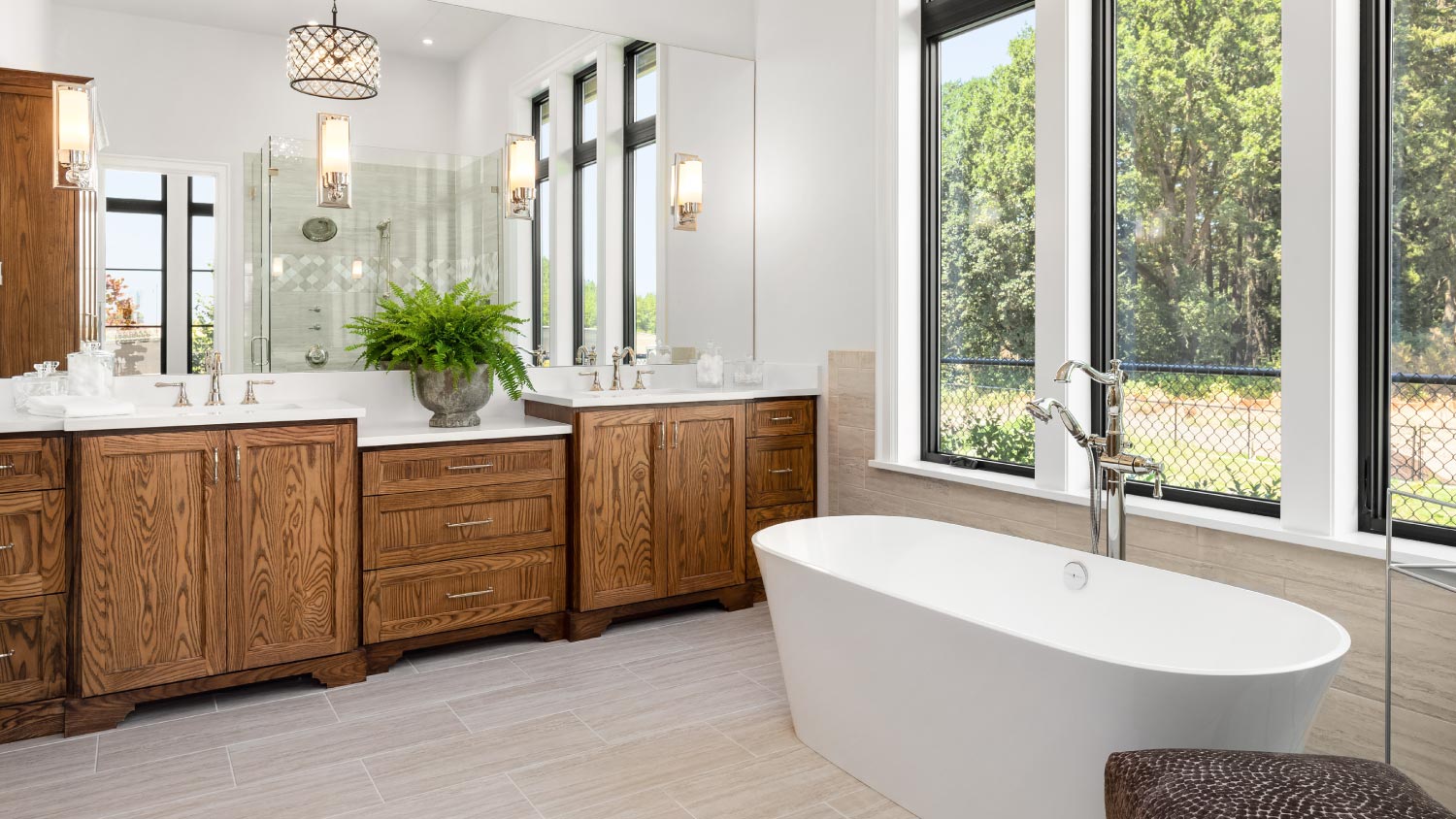
An updated bathtub can give a bathroom a whole new look. Find out how much it costs to replace a bathtub in Tampa, FL, including prices by type and labor costs.
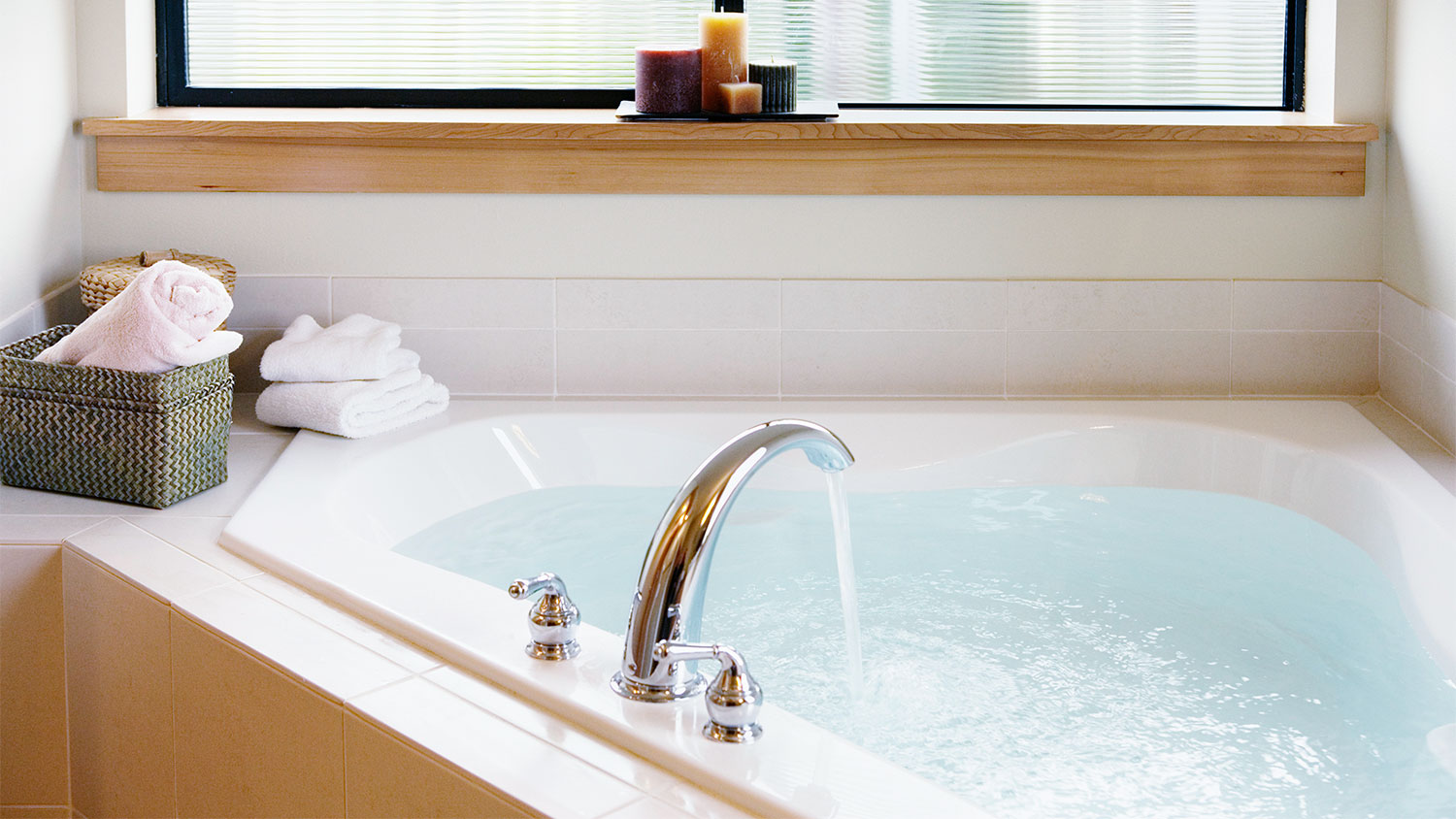
An updated bathtub can give a bathroom a whole new look. Find out how much it costs to replace a bathtub in Charlotte, NC, including prices by type and labor costs.

Undermounted sinks are elegant upgrades to any kitchen and can add to your home’s resale value. But are they the best option? Here we’ll learn the pros and cons of having an undermount sink.